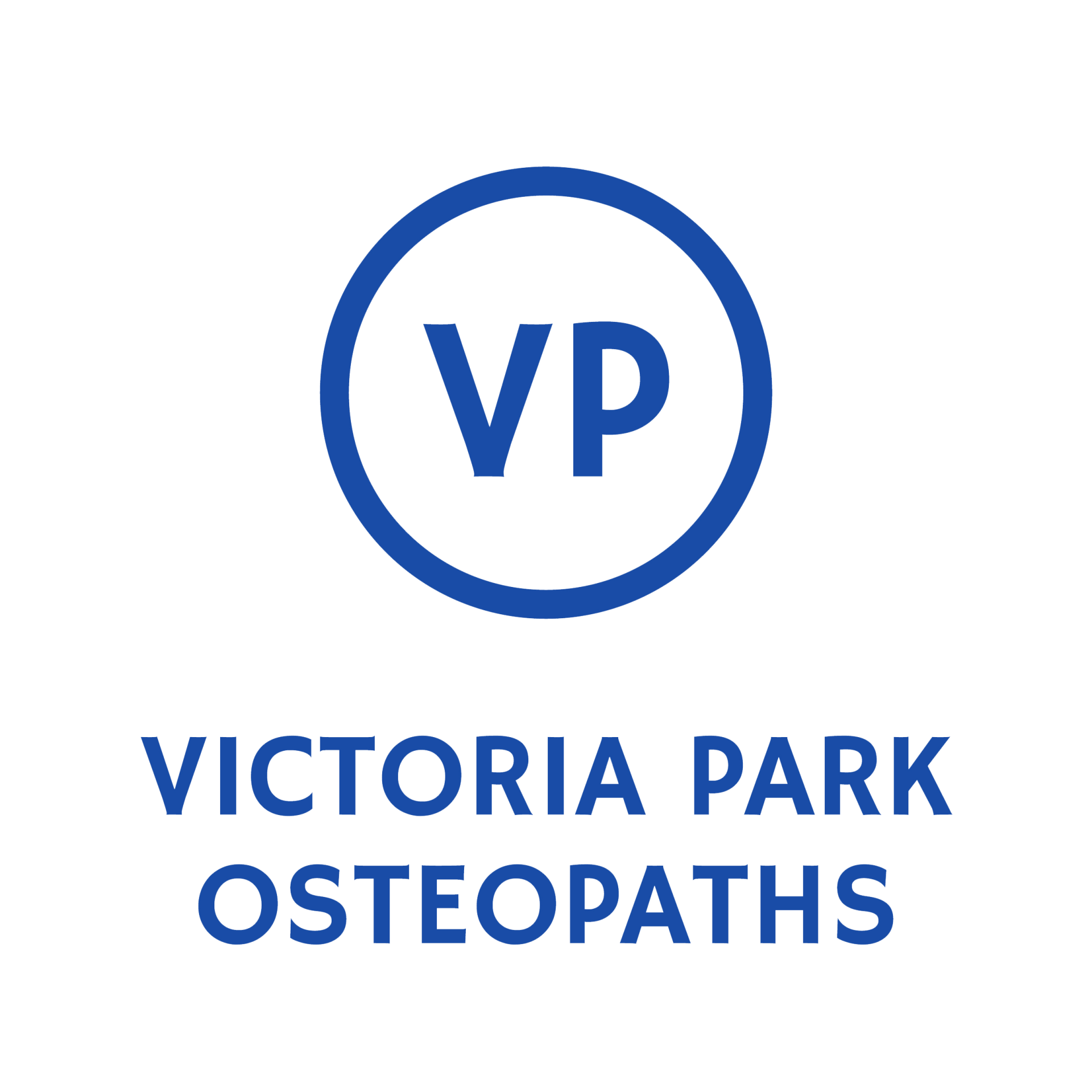What is Plantar Fasciitis?
Plantar fasciitis is irritation or microtearing of the plantar fascia, a thick band of tissue running from the heel to the base of the toes. It helps support the arch of the foot and absorbs impact during walking.
Symptoms typically start gradually and may be worse in the morning or after rest.
Symptoms & What You May Experience
- Sharp or aching pain in the heel or arch of the foot
- “First step” pain in the morning or after sitting
- Pain after walking, running, or standing
- Tenderness when pressing the inner heel
- Tight calves or Achilles tendon
- Increased discomfort with barefoot walking or poor footwear
Pain often eases as the foot “warms up,” then returns later in the day.
What causes Plantar Fasciitis?
Contributing factors include:
- Overuse from walking, running, or prolonged standing
- Tight calves or limited ankle dorsiflexion
- Flat feet or high arches
- Sudden increase in activity
- Poor footwear support
- Increased body weight
- Reduced hip or glute stability
How We Help (At Victoria Park Osteopaths)
We aim to reduce pain, improve mobility, and support recovery:
- Manual therapy for the foot, ankle, calves, and hips
- Soft tissue release of plantar fascia and calf muscles
- Strengthening and mobilising exercises for the foot and lower limb
- Advice on footwear, orthotics, or taping
- Gait and posture assessment
- Shock absorption and loading advice
We also work on hip and core mechanics to reduce strain.
Recovery Time & What to Expect
- Mild cases: 4–8 weeks with proper treatment
- Chronic cases: 3–6 months
- Early intervention prevents long-term irritation
- Consistent rehab is key to resolving symptoms
When to Seek Medical Review / Red Flags
Further assessment is needed if you experience:
- Pain persists beyond 6 months
- You develop numbness or swelling
- Walking becomes very difficult
- Symptoms follow trauma or systemic illness


